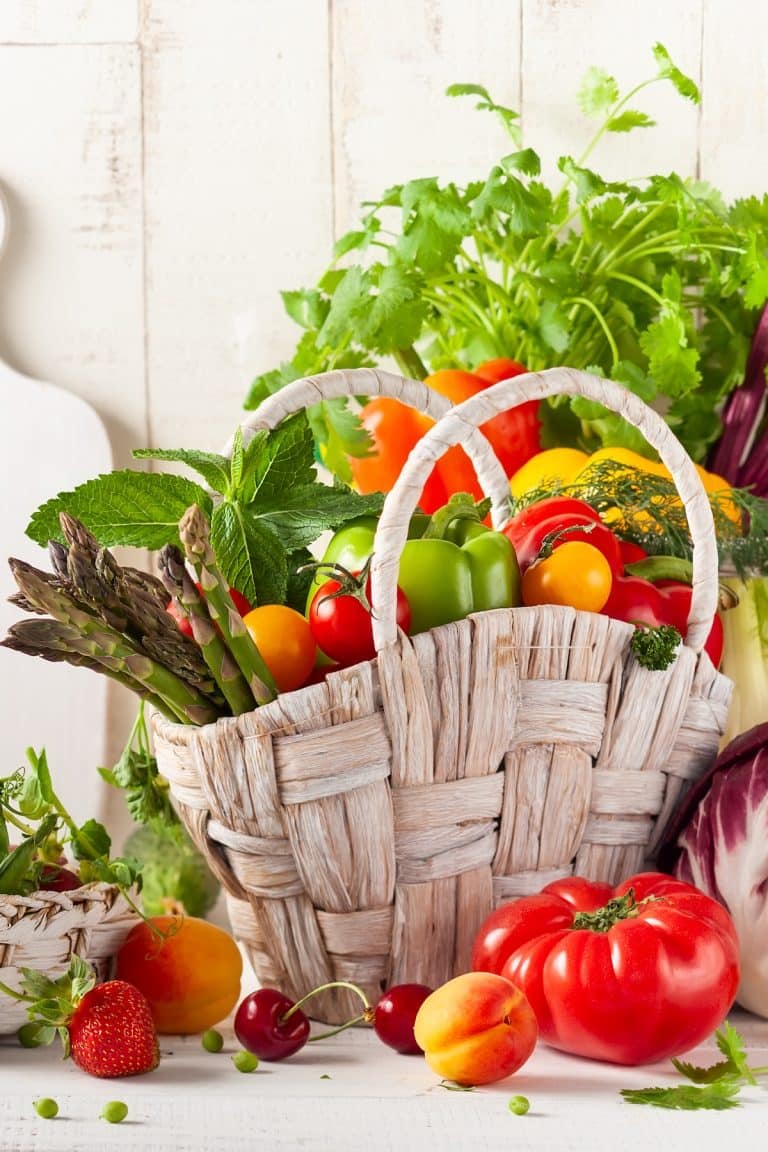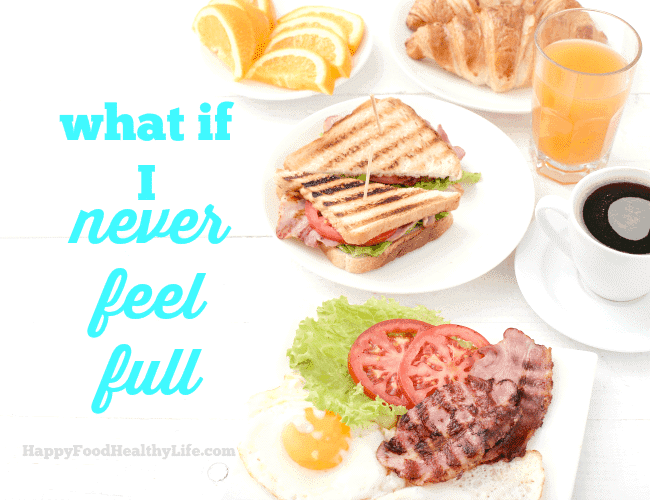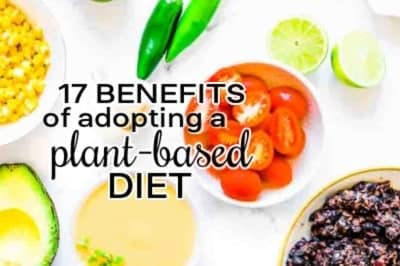SURPRISING FOODS THAT CONTAIN ANIMAL PRODUCTS
We may earn a commission if you decide to make a purchase through our links, at no cost to you. As an Amazon Associate I earn from qualifying purchases. Please read our privacy policy for details.
You’ll be shocked to learn which foods have animal products hiding in them. Learn more so you know what to look for on food labels.
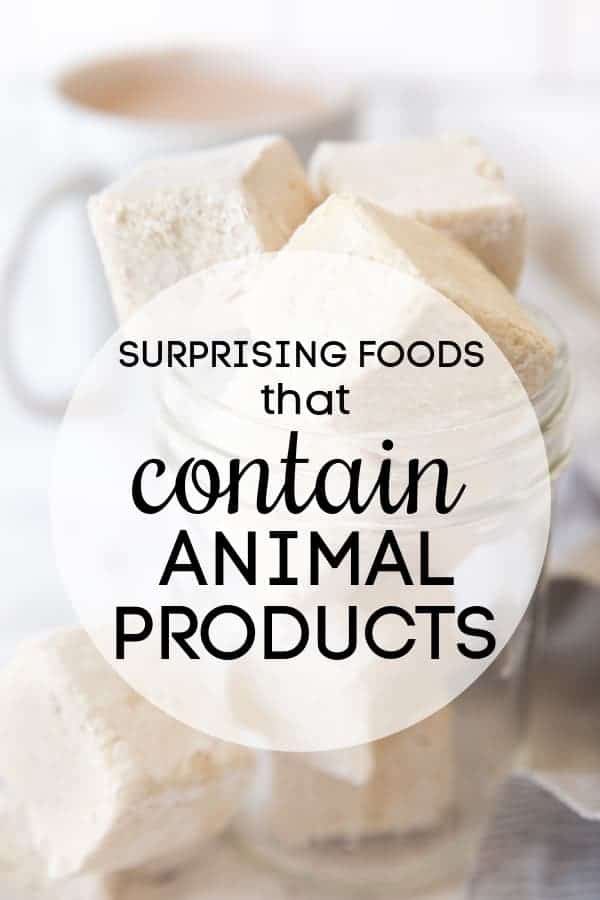
WANT TO SAVE THIS RECIPE?
Very few of us are raised completely vegan from childhood, so we’re faced with learning a new way of life into our early adulthood and beyond.
Because of this, when you do choose to go vegan or add vegan items to your diet, you’ll probably run into a few surprises when considering old favorites. Things you’d never realize contain animal products or derivatives.
(Let’s just say, I had no idea gummy bears were off limits!)
Here is our list of surprising foods that contain animal products and how to avoid them moving forward.
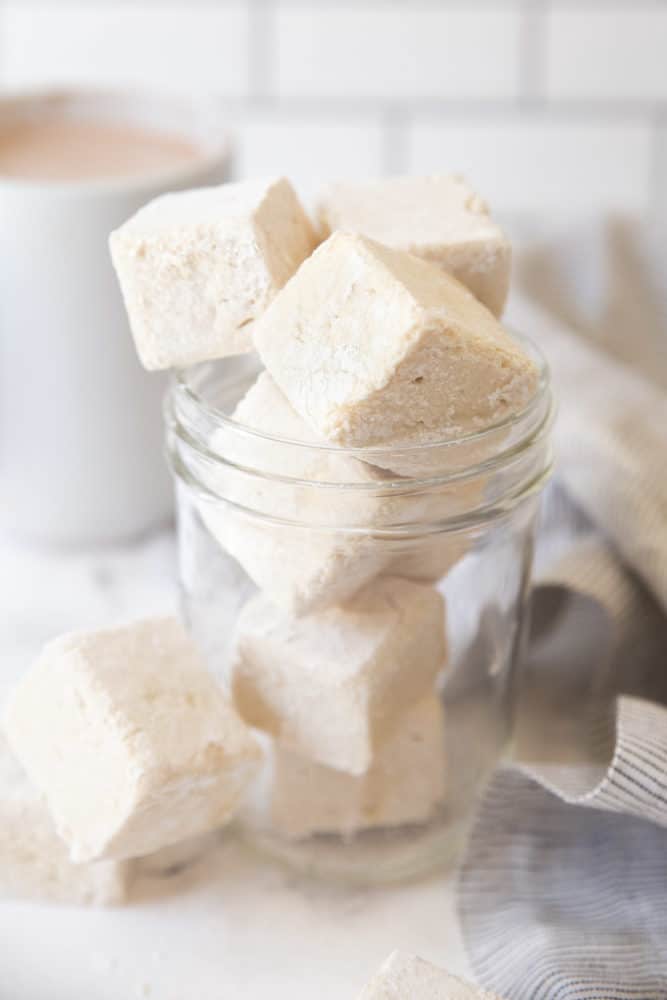
Jello, Marshmallows & Gelatin
Gelatin is a common animal product that is made by boiling skin, tendons, ligaments, and/or bones with water. WHAT?!
It’s commonly found in jello, marshmallows, gummy bears, and even frosted cereals! Unfortunately, finding delicious replacements for these tasty treats can be difficult, but they are becoming more and more popular as the demand for animal-free products grows.
When it comes to marshmallows, of course, you can buy gelatin-free Dandies, but if you prefer homemade or just can’t find them, I have created the most perfect Vegan Marshmallow Recipe for you.
I have probably made them 50 times before finding success with a combination of pea protein, xanthan gum, and agar agar. The resulting recipe is a complete homemade and way better than store-bought.
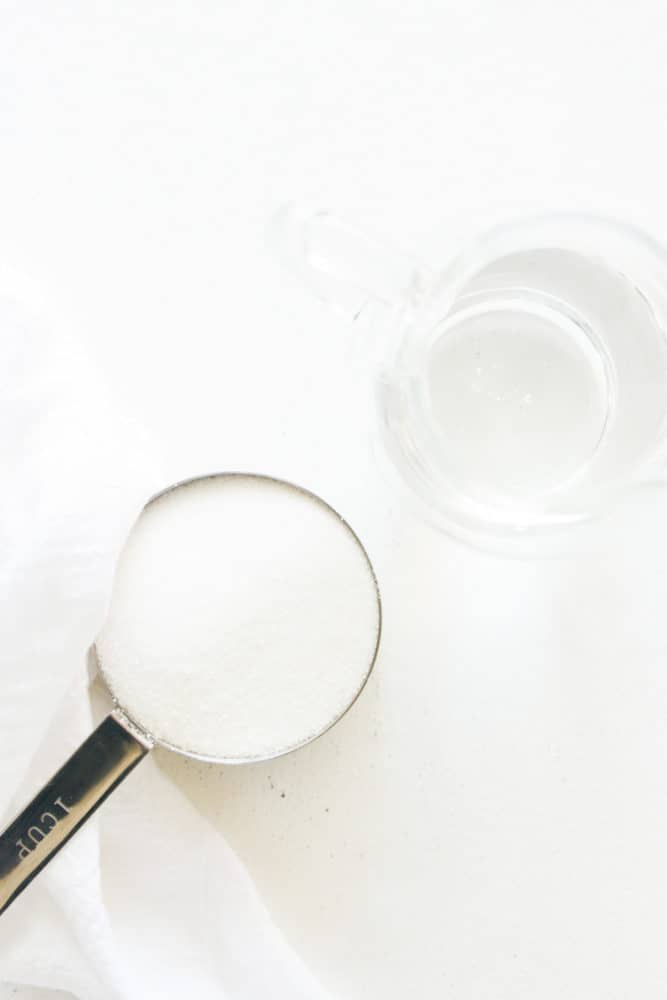
Sugar and Bone Char
Okay, before we get to the bad news, know that sugarcane sugar doesn’t actually contain animal products. Sugar plants do, however, us bone char from animals to bleach the sugar crystals into their pristine white color.
So while eating white sugar doesn’t mean you’re eating an animal, many vegans should be aware of the products that demand the use of animal bone mass.
What makes this even more confusing is that some sugarcane plants use granular carbon instead of bone char to bleach their sugar crystals. Yet, there is no taste difference between the two and identifying bone char as an ingredient is next to impossible.
So what can you do to avoid sugar that’s been prepared using bone char? Look for certified organic sugar brands! Organic sugar can only be minimally processed and the National Organic Program’s National List of Allowed and Prohibited Substances has stated that organic sugar cannot be filtered through bone char.
Alternatively you could opt for coconut sugar, which isn’t commonly processed through bone char. Keep in mind that coconut sugar isn’t often seen as a one-to-one replacement for cane sugar, especially in baking recipes, so some experimenting may have to take place.
Whey Protein
Do you have a friend who is building muscle mass and swears by protein powder in their pre-workout shake? While it may be easy to spot as an animal product to some, powdered forms of protein come in many different names and can be confusing.
Whey protein is a more concentrated form of whey, which is a liquid coming from milk. After milk has been curdled and strained to create cheese, whey is leftover alongside casein. Both are animal products that are substituents of the more identifiable animal milk.
Whey can commonly be found not just in powder form, but in bread, crackers, processed foods, protein bars, etc.

Casein and Cheese Production
Speaking of casein, this protein can be one of the hardest to identify and avoid. This is especially true when it comes to enjoying vegan cheese. As Vegan.com explored, casein serves a similar purpose in cheese as gluten does in dough. While gluten makes dough stretchy and malleable, casein lends stretchiness and that beautiful “ooze” to cheese.
This is why soy cheese companies are some of the top culprits for adding animal products to seemingly vegan cheese. For truly vegan-safe cheese options, you’ll have to dedicate some time to surveying ingredient lists for casein.
Better yet, you can check out or very own recipe for Vegan Cheese at home! I’ve had my fair share of non-cheesy plastic-like vegan cheeses and created this recipe to salvage my love for gooey cheese. Enjoy!
Margarine and Milk Products
Margarine is known to be a greatly vegetarian and vegan-friendly substitute for butter. It is made from water and vegetable oils, including canola, olive, palm, and even soybean oil. Unfortunately, there are some margarine brands that use milk instead of water when creating margarine.
Sounds a bit counter-intuitive, but some of these brands simply prefer the taste. Margarine is also known as a more affordable alternative to butter, which is why some inclusions of milk don’t bother non-vegans.
Additionally, other brands also include whey and casein. Not surprising, but not welcome when it comes to vegan options! Make sure to head to the store with a vegan-safe brand in mind (I like Miyokos and Earth Balance the best), or go over each brand’s ingredient list intently.
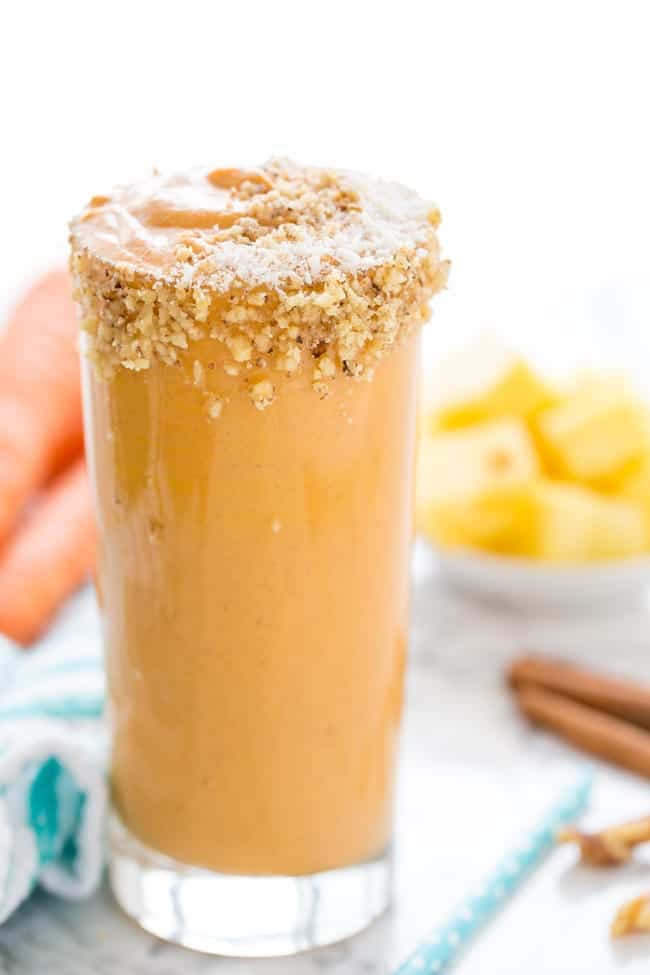
Orange Juice
Wait, what!?!
What is wrong with the world when orange juice isn’t vegan? While a simple orange is a fruit, unfortunately, some orange juice brands have animal products as add-ins for vitamins and other nutrients.
While orange juice is a great source of Vitamin C naturally from oranges, many brands add calcium and even Vitamin D to the juice. Sounds harmless, right? Not quite.
Vitamin D2 comes from plants, but Vitamin D3 comes from animals in the form of a waxy substance from sheep wool or fish oil.
This may be good for health otherwise, but a danger to vegans wanting to avoid all animal products. Other brands of orange juice may also have added omega-3 fatty acids from fish oil and fish gelatin add-ins. Keep a close eye on your orange juice labels and look for ones marked as “100 percent orange juice.”
Avoiding Animal Products
When it comes to avoiding animal products in your diet, it comes down to scrutinizing ingredient lists and researching brands ahead of time. It’s tedious yes, but when pairing this effort with creating vegan recipes at home, it’s totally doable.
Over time, it will all become second nature and you’ll easily know what products to avoid, what to make at home, and what alternatives are offered at the store.
Read more on Happy Food Healthy Life for great vegan recipes to make today, and tips on living your best vegan-friendly life.


